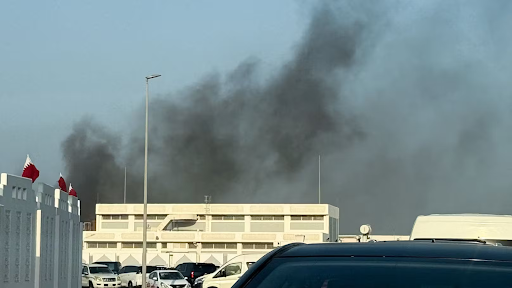Beyond its strategic implications, the Israeli strike in Doha can also be viewed through the lens of Israel’s fractious internal politics, where Prime Minister Benjamin Netanyahu is fighting for his political survival. The bold, high-profile attack serves as a powerful demonstration of leadership that could bolster his standing with a right-wing base and deflect from domestic pressures.
Netanyahu has been facing significant criticism at home over the handling of the war, the failure to anticipate the October 7th attacks, and the stalled hostage negotiations. A dramatic and successful military operation like the one in Doha provides a much-needed political victory, allowing him to project an image of a strong, decisive leader who is taking the fight to the enemy.
His immediate and public claim of full responsibility was a masterful political move. It ensured that he, and he alone, would receive the credit for the operation, sidelining his political rivals and reinforcing his credentials as “Mr. Security.” In Israel’s volatile political climate, such actions can have a significant impact on public opinion and coalition stability.
Therefore, the decision to strike may have been driven as much by political calculation as by military necessity. For Netanyahu, the attack not only eliminated key enemies but also served as a powerful piece of political theater, shoring up his support at a critical time. It was a move that addressed both an external threat and his internal political vulnerabilities.
Israel’s Internal Politics: Was the Doha Strike a Netanyahu Power Play?
21

